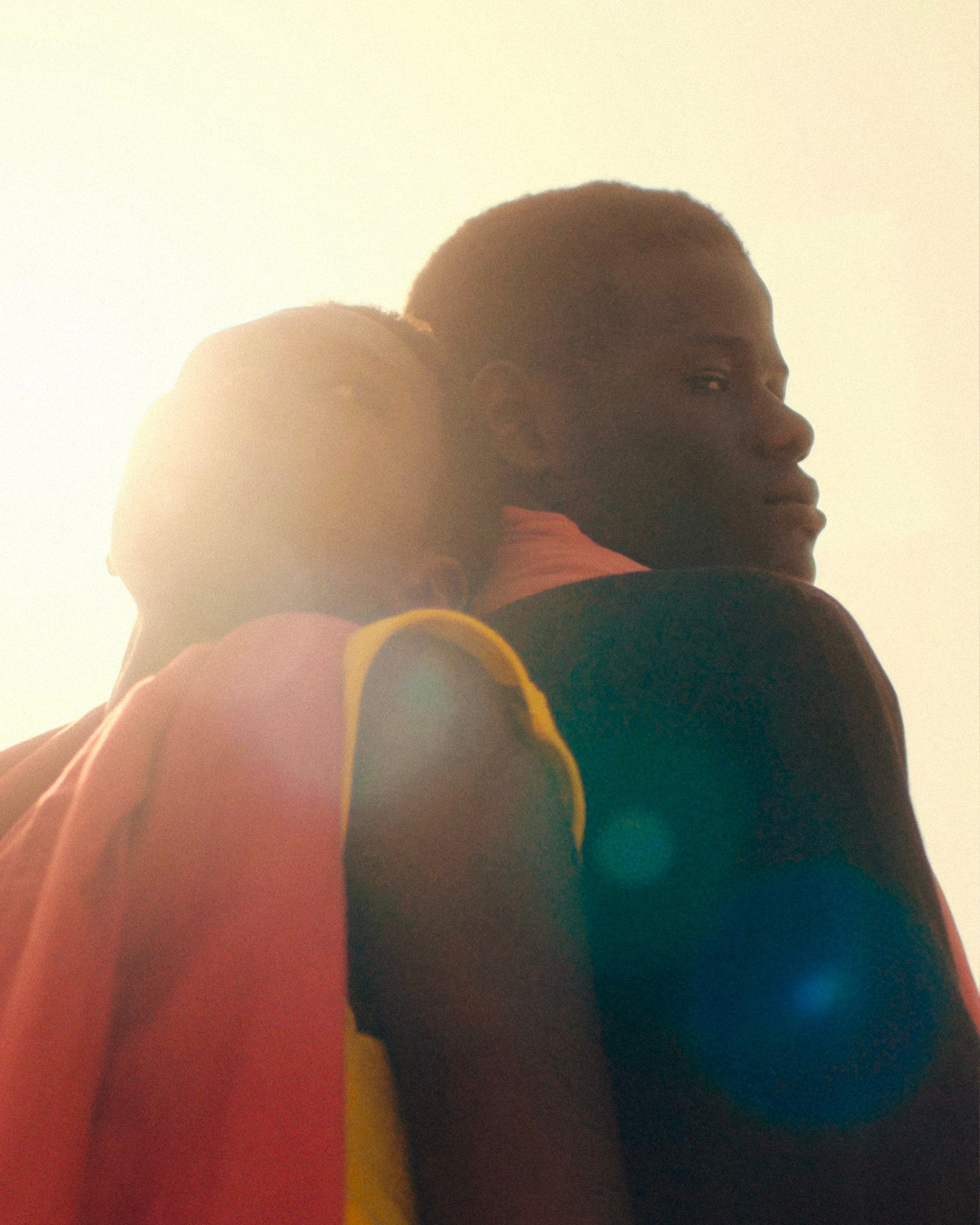Courtesy of Cannes Film Festival
Cannes’ 2023 line-up was a feast of hotly-anticipated awards season behemoths and startling surprises from lesser-known names. As the 76th edition of the historic film festival comes to a close, we round up the best releases to have premiered on the Croisette.
Anatomy of a Fall
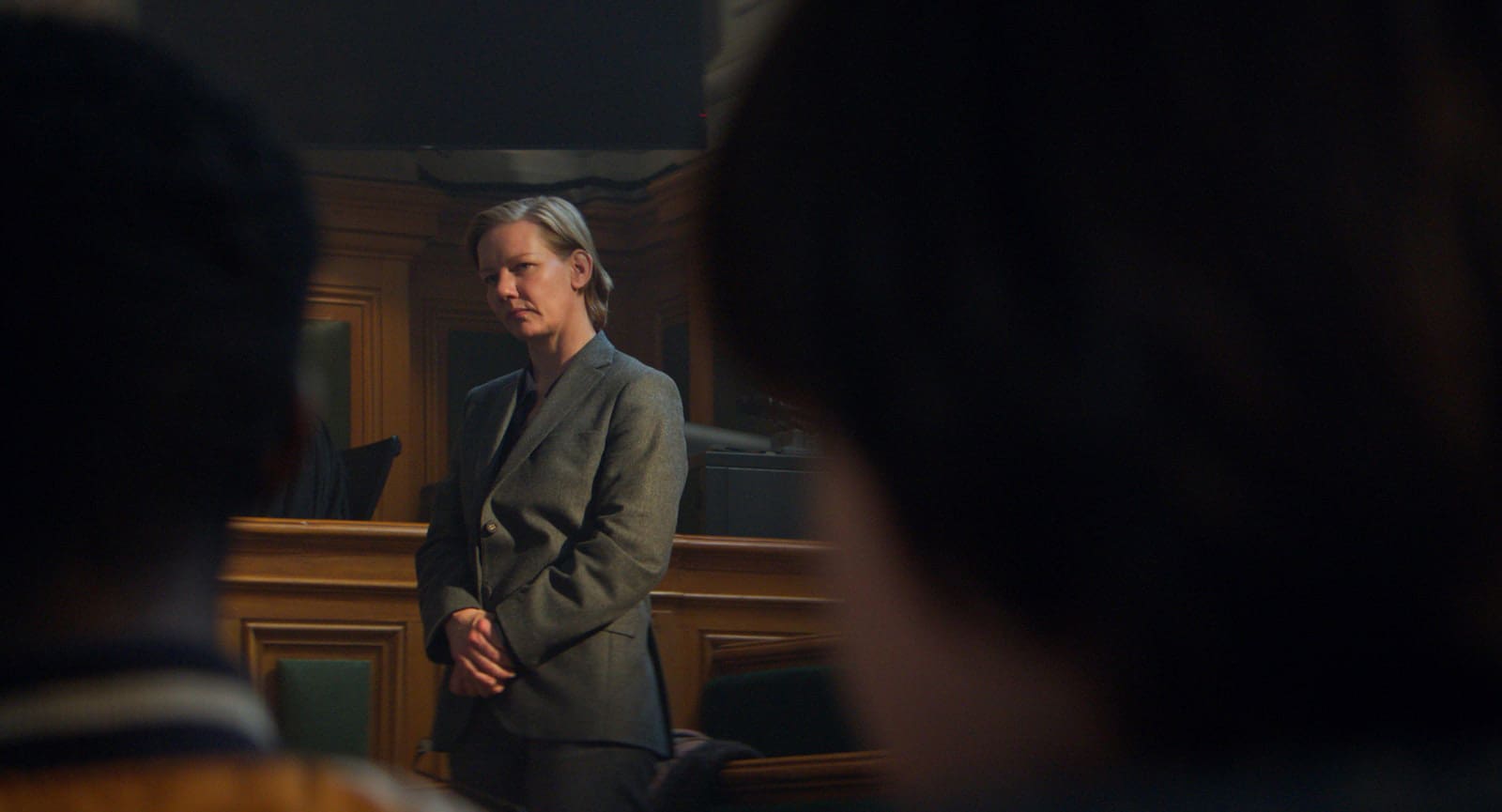
Justine Triet’s taut and icy thriller opens at a remote, snow-covered lodge in the French Alps, where a razor-sharp German novelist, Sandra (a masterful Sandra Hüller), is living with her young son Daniel (Milo Machado Graner) and somewhat frustrated husband Samuel (Samuel Theis). When the latter’s body is found, sprawled on the ground beside their home, it’s unclear whether he’s fallen to his death, jumped or been pushed, and Sandra soon finds herself on trial for his murder. This slippery, Hitchcockian, Rubik’s Cube of a film keeps you guessing until the very end, drip-feeding you shocking revelations as the true state of Sandra and Samuel’s marriage is exposed, and Daniel begins to doubt his mother’s innocence. There’s also Swann Arlaud as Sandra’s charismatic (and seemingly lovestruck) lawyer and Antoine Reinartz as the swaggering prosecutor, as well as impeccably judged moments of levity, including the best use of 50 Cent’s “P.I.M.P.” I’ve ever seen on film.
The Zone of Interest
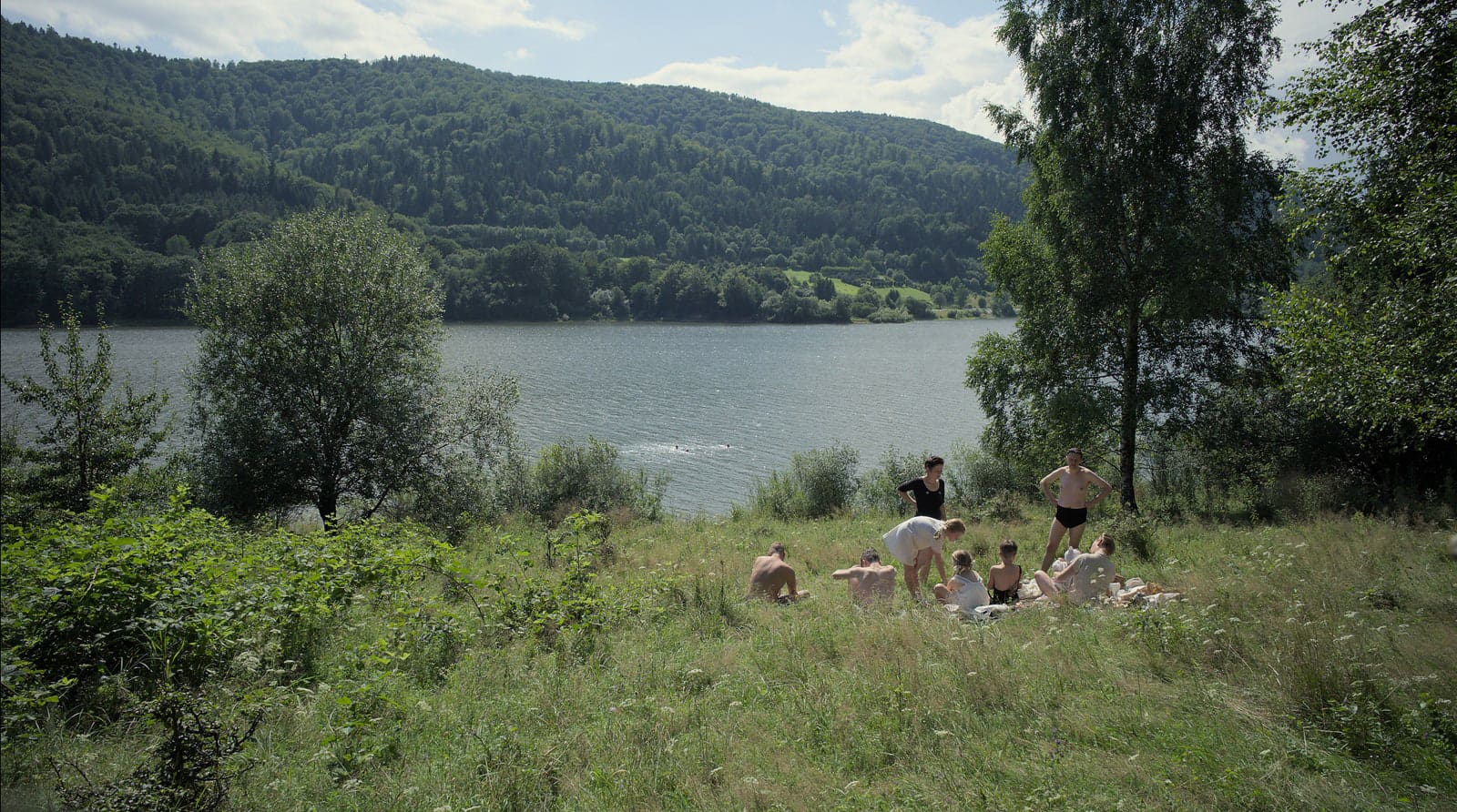
After a 10-year hiatus, Sexy Beast director Jonathan Glazer is back with a measured, meticulously detailed and deeply unsettling study of the Holocaust from a shocking new perspective: that of Rudolf Höss (Christian Friedel) and his steely wife Hedwig (Sandra Hüller, once again on excellent form), who live with their children in a bucolic idyll just on the border of Auschwitz. While he presides over the camp, supervising plans for the smooth running of the gas chambers with emotionless precision, she wades through the discarded possessions of those who are imprisoned, picking out silk nightdresses and sumptuous fur coats, and reclines in a lush garden from where you can hear distant screams. When a government transfer looms for Rudolf, Hedwig refuses to leave her paradise behind. Meanwhile, the skies above their home darken and the smoke continues to rise. Despite its brutal subject matter, this is an unmissable, eye-opening drama about human ambivalence in which even the smallest moments – one of Rudolf and Hedwig’s sons examining fragments of teeth; Hedwig’s mother realising the true extent of the horrors of the camp – are ones you’ll be mulling over for days and weeks to come.
May December
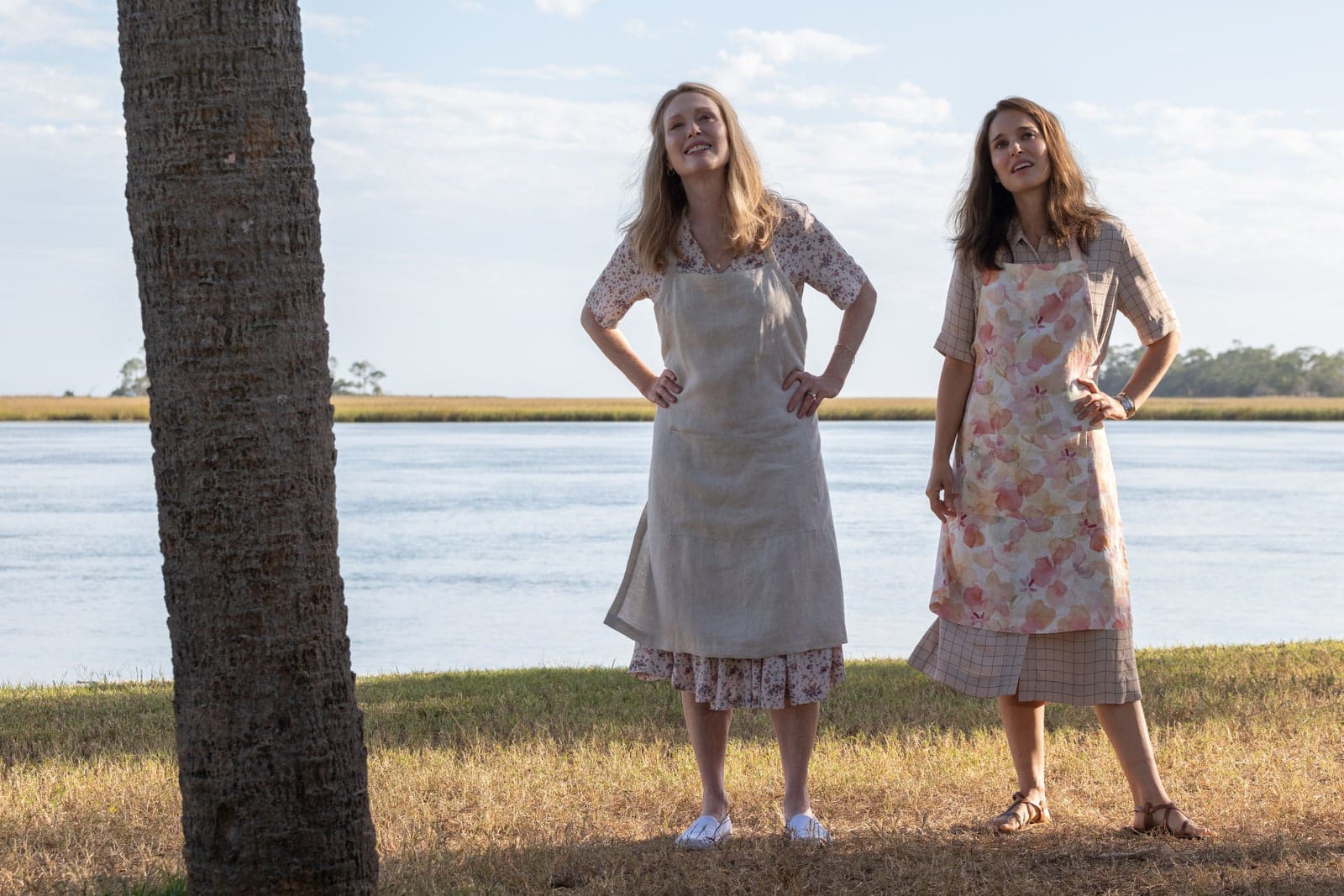
In Todd Haynes’s visually ravishing and morally murky tale of Hollywood power player Elizabeth Berry (Natalie Portman), and Gracie Atherton-Yoo (Julianne Moore), the woman she’s about to play in an audacious new indie movie, every single character is fascinating and fundamentally flawed. We learn from tabloid clippings that the latter became notorious after she, aged 36, had an affair with her teenage co-worker, Joe. Decades later, following her release from prison, the pair (with Joe now an emotionally fraught thirty-something, as played by Charles Melton) are married with three kids who will soon all leave for college. As Elizabeth winds her way into their lives, asks probing questions, and reopens old wounds in the name of research, they quickly unravel. Combining knockout performances with a deliciously prickly script, the result is a darkly funny and biting satire of movie star entitlement and exploitation in all its forms which, tantalisingly, leaves you wanting more.
Killers of the Flower Moon
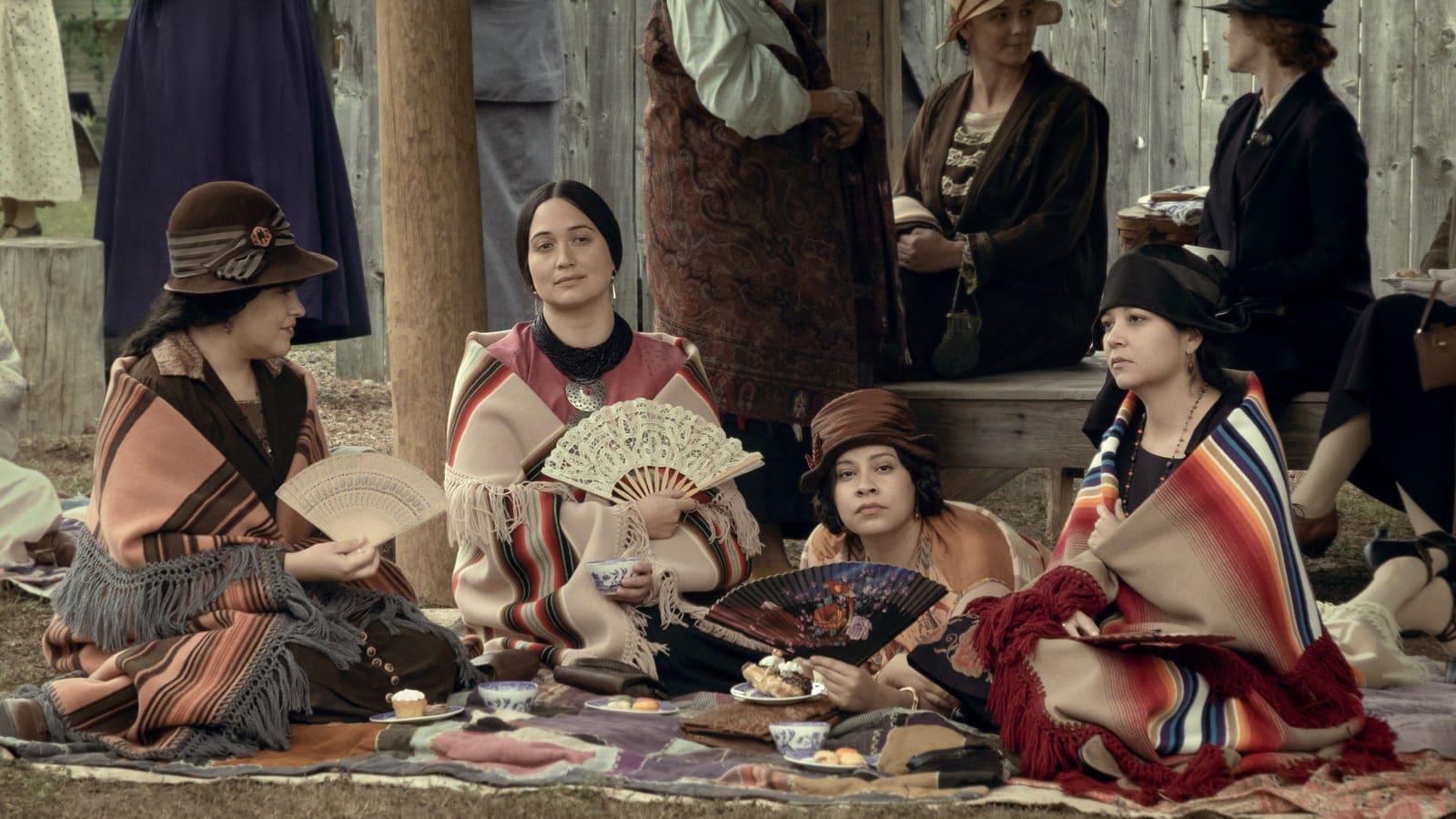
How could Martin Scorsese’s sweeping, three-and-a-half-hour-long epic about the mysterious murders of members of the oil-rich Osage Nation in 1920s Oklahoma possibly live up to the hype? It does – and with ease – thanks to its dazzling cinematography, plush production design, and an effortlessly commanding turn from Lily Gladstone as Mollie Kyle, a prosperous Native American woman who falls for the charms of the social-climbing Ernest Burkhart (a rugged Leonardo DiCaprio). Once they marry, Ernest and his uncle Bill Hale (Robert De Niro), wage a covert war on her community in pursuit of their extraordinary wealth, while she, ravaged by diabetes and weakened further by the insulin shots her husband gives her, continues to survive against all odds. It’s an urgent and blistering reminder of a devastating piece of recent history, a testament to the unimaginable courage of the Osage, and easily the auteur’s best film in years.
Banel & Adama
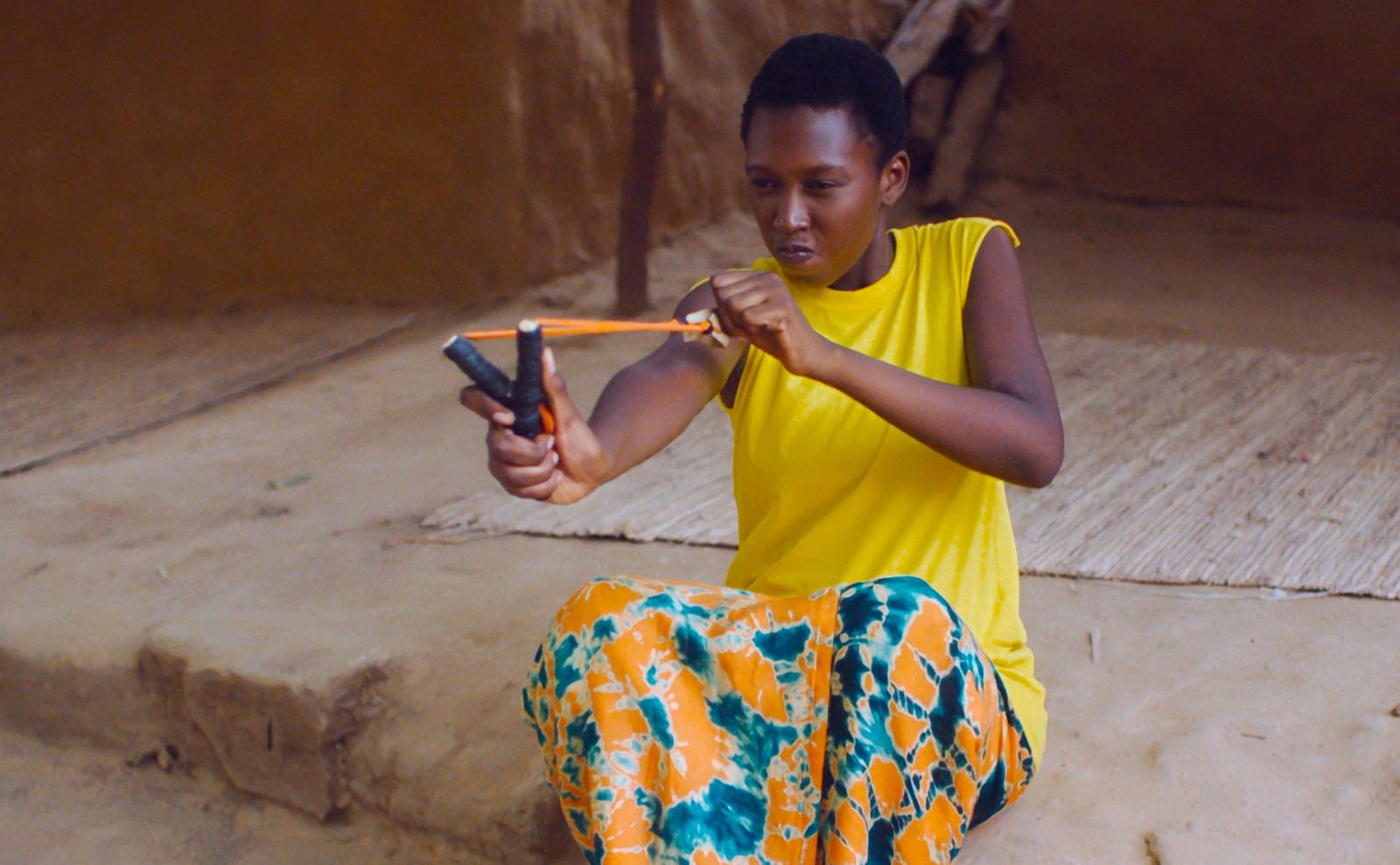
The only feature debut to be in contention for the Palme d’Or, Ramata-Toulaye Sy’s heartbreaking, painterly romance set on the parched plains of northern Senegal follows the gentle Adama (Mamadou Diallo) and his fiercely rebellious wife Banel (Khady Mane). She is eager to escape the duties and hierarchies of their village, while he, the community’s presumed future leader by birth, is more reluctant to leave his family behind. They spend long days in the blazing sun trying to unearth an abandoned home, buried by a recent sandstorm, that they can claim as their own, but when a prolonged drought settles in and their cows begin to drop dead in the fields, fractures appear in their seemingly indestructible relationship. Every shot is composed with care, its colours almost blinding in their vibrancy, and the mood remains wonderfully woozy and surreal even as Banel’s bristling anger rises to the surface and threatens to overwhelm everything. Most impressive of all, though, is the ending, which simply took my breath away.
This article was originally published on British Vogue.
